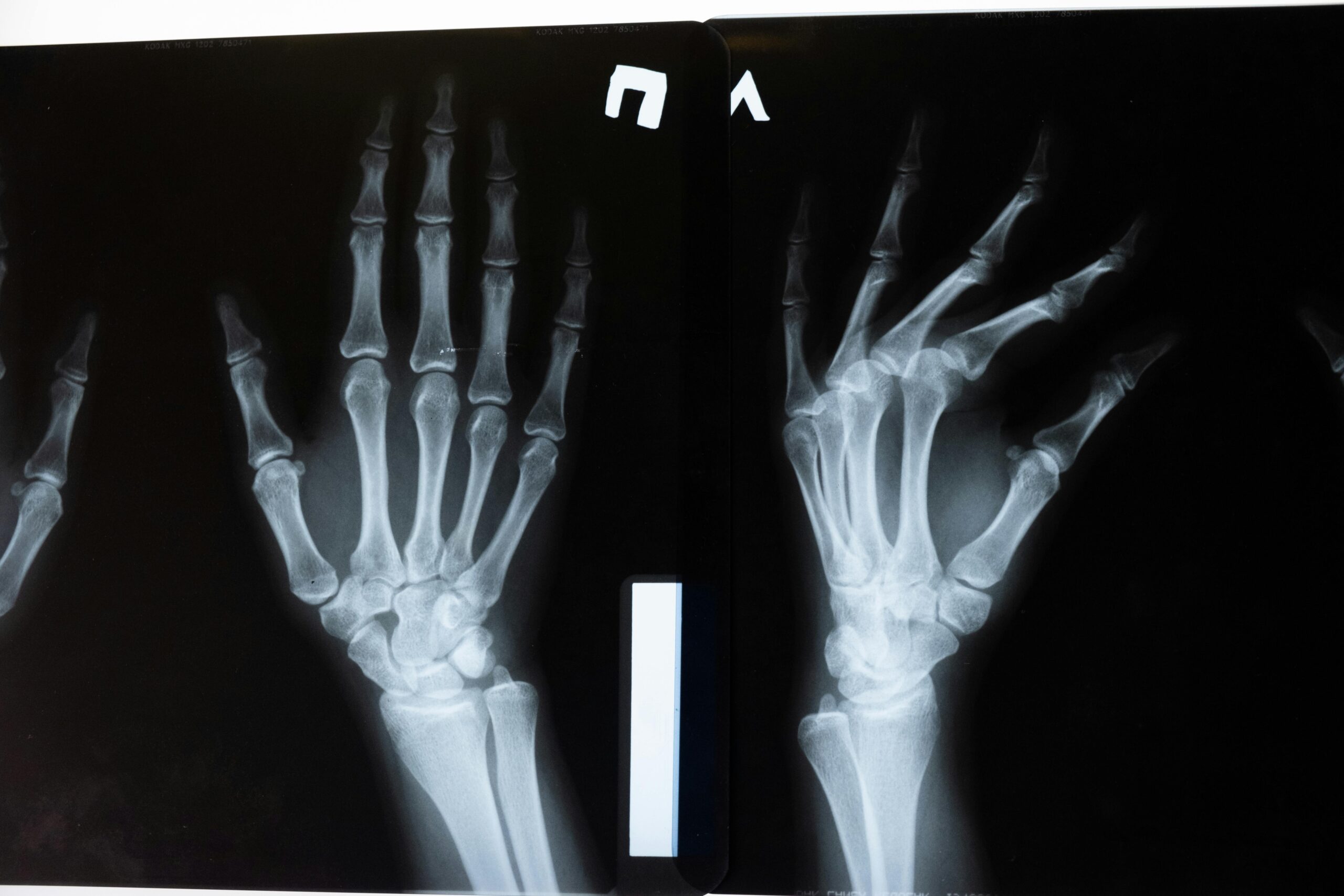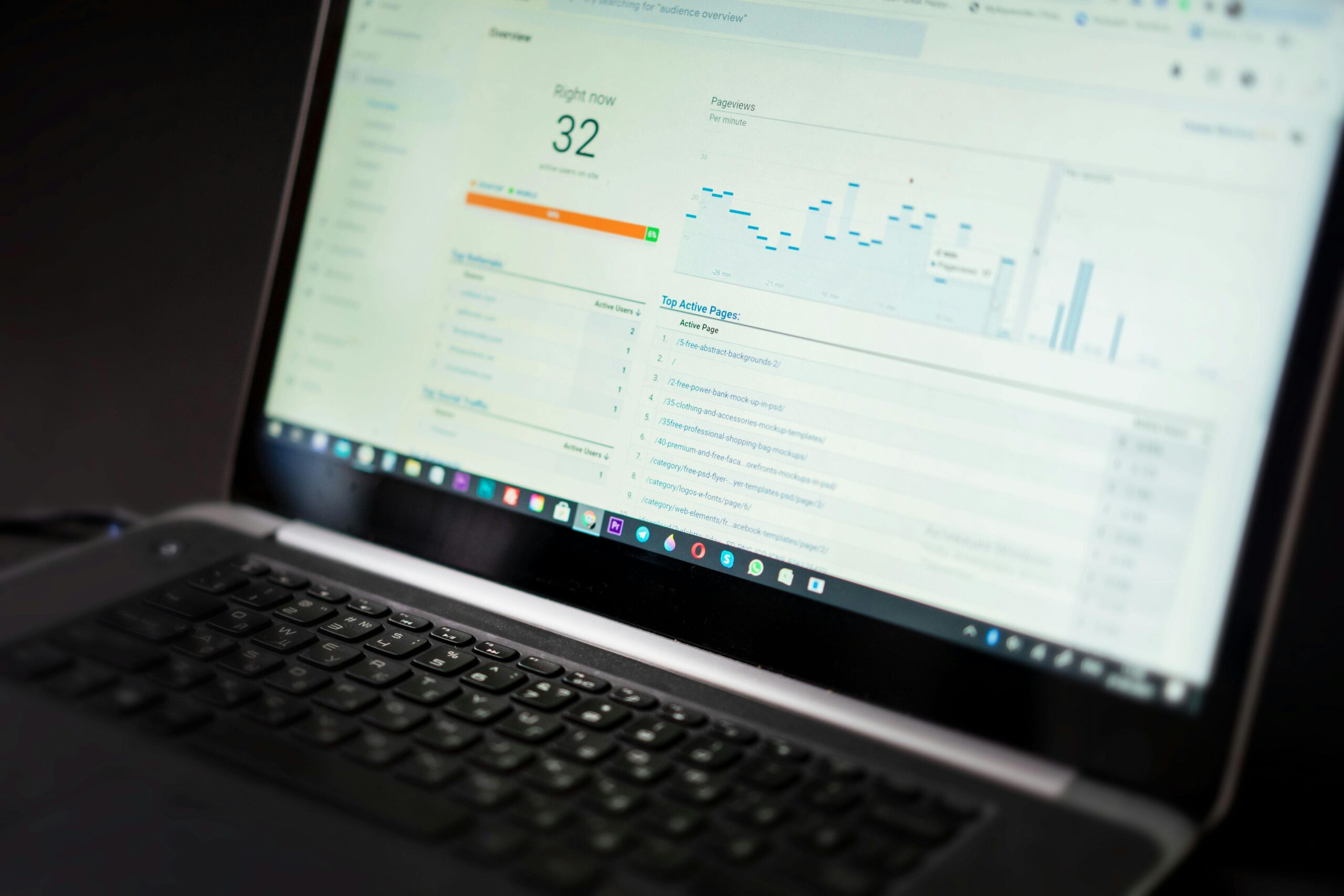These modules are central to diagnosis, treatment, and clinical decision-making:
Clinical Modules (Used by healthcare professionals for direct patient care)

Outpatient / Inpatient Module
-
Register patients quickly with demographic and contact details
-
Document vitals, clinical findings, diagnosis, and treatment history
-
Manage admission, transfer, and discharge workflows seamlessly
-
Track bed occupancy and ward management in real time
-
Schedule and record follow-up appointments
-
Maintain complete patient history accessible anytime
-
Generate discharge summaries and referral letters automatically

Pharmacy Module (ABAY-CHR Tenadam)
-
Manage electronic prescriptions directly from doctors to the pharmacy
-
Track and monitor drug inventory in real time to avoid stockouts
-
Record dispensing history and patient refills for continuity of care
-
Generate alerts for low stock, expiry dates, and controlled drugs
-
Support generic substitutions and formulary compliance
-
Provide integrated billing with insurance and patient accounts
-
Ensure compliance with national drug regulatory standards

Laboratory Information System (AwashLab)
-
Order lab tests electronically from outpatient or inpatient modules
-
Track patient samples from collection to processing to results
-
Automate results reporting with secure digital delivery to clinicians
-
Integrate results directly with the patient’s medical record for seamless clinical review
-
Generate alerts for critical values to ensure timely intervention
-
Support multiple lab departments (hematology, microbiology, biochemistry, pathology, etc.)
-
Provide quality control dashboards to monitor lab performance
-

Radiology / Imaging Module (ABAYCHR Lucy)
-
Upload and store imaging studies (X-ray, CT, MRI, ultrasound, etc.)
-
Built-in DICOM viewer support for seamless image visualization
-
Integrate radiologist reports directly into the patient’s medical record
-
Link imaging requests to clinical orders from outpatient/inpatient workflows
-
Enable secure sharing of images across departments and facilities
-
Provide multi-user access for consultations and second opinions
-
Support DICOMweb services for interoperability with external systems

Electronic Health Record (EHR) Core (ABAYCHR)
-
Maintain a comprehensive, lifelong health record for each patient
-
Capture and update allergies, immunizations, chronic conditions, problem lists, and medical history
-
Track patient encounters across time, facilities, and geographic locations
-
Ensure continuity of care by linking outpatient, inpatient, pharmacy, lab, and imaging data
-
Provide clinicians with a single view of patient health, improving decision-making
-
Support referrals and cross-border health records for mobile or migrant populations
-
Facilitate data exchange with national health systems using HL7 FHIR standards
- International Patient Summary (IPS)

Referral and Consultation Module
-
Handle patient transfers between facilities smoothly, with digital records accompanying the patient
-
Track referrals to specialists, hospitals, or external clinics for coordinated care
-
Maintain a closed referral loop to prevent lost or incomplete patient cases
-
Integrate referral details into the longitudinal patient record for continuity of care
-
Support electronic communication between providers to speed up referrals and reduce delays
-
Generate reports on referral patterns to improve system efficiency and resource allocation
These modules ensure smooth operations, reporting, and system usability:
Non-Clinical Modules (Used for administration, support, and infrastructure)

Human Resource Management (HRM)
-
Fully integrated with Odoo ERP for seamless HR and operations workflows
-
Manage staff registration with detailed profiles, credentials, and professional licensing records
-
Track attendance, schedules, and shift management digitally to improve workforce efficiency
-
Enforce role-based access control (RBAC), ensuring staff only access the data and tools relevant to their role
-
Provide automated alerts for credential renewals and compliance checks
-
Generate HR and staffing reports to support planning and accountability
-
Improve overall governance, security, and staff productivity within the health system

Inventory & Supply Chain Management (API with Odoo)
-
eamlessly integrated with Odoo ERP through robust APIs for unified supply chain workflows
-
Monitor stock levels of pharmaceuticals and non-pharmaceutical supplies across facilities
-
Automate procurement requests, purchase orders, and vendor tracking directly via Odoo
-
Receive real-time expiry and wastage alerts to reduce losses and ensure patient safety
-
Manage multi-store and multi-location inventory with transfer and usage tracking
-
Generate financial and utilization reports by syncing with Odoo’s accounting and procurement modules
-
Provide end-to-end visibility for administrators, ensuring cost savings, transparency, and efficiency

Billing and Revenue Cycle (API with Odoo)
-
Seamlessly integrated with Odoo ERP through APIs to unify financial and clinical workflows
-
Automate patient billing for consultations, procedures, pharmacy, and laboratory services
-
Manage insurance claims electronically, reducing delays and denials
-
Track invoices, payments, and outstanding balances in real time
-
Enable point-of-care billing to reduce patient wait times and improve transparency
-
Support multi-payer systems (private insurance, government schemes, out-of-pocket payments)
-
Generate financial statements and revenue cycle reports directly via Odoo integration
-
Improve overall cash flow, accountability, and financial sustainability of healthcare facilities

Data Analytics & Dashboards
-
Provide real-time dashboards for clinical, operational, and financial performance across facilities
-
Track key performance indicators (KPIs) such as patient volumes, bed occupancy, turnaround times, and revenue
-
Enable customizable analytics for administrators, clinicians, and policymakers
-
Integrate data from clinical modules, HR, inventory, and finance for a holistic view of the health system
-
Offer role-based dashboards (e.g., clinician, manager, policymaker) to deliver relevant information quickly
-
Generate automated reports for compliance, audits, and regulatory bodies
-
Strengthen decision-making with visual, actionable intelligence

System Administration
-
Support language localization for diverse user groups across regions and countries
-
Enable multi-tenant and multi-facility configurations, allowing separate facilities to operate independently while sharing a unified platform
-
Provide robust role-based permissions to ensure data security and compliance
-
Automate backups, system updates, and configuration management to minimize downtime and data loss
-
Allow administrators to customize workflows, forms, and modules without disrupting core functionality
-
Offer audit trails and activity logs for transparency and accountability
-
Ensure scalability and interoperability to grow with organizational needs and integrate with third-party systems
Unique Features of AbayCHR
- Cloudbased + offline support (works with intermittent internet).
- Interoperable with WHO data standards.
- No-code platform (ABAYAndromeda) allows local customization.
- Built with data privacy and security in mind.
Clinical vs non-clinical
| Clinical Modules | Non-Clinical Modules |
| Outpatient/Inpatient EMR | Human Resource Management |
| ePharmacy (Tenadam) | Queue & Token (TERA) |
| Lab Info System | Billing & Payments |
| Radiology Viewer (Lucy) | Inventory & Procurement |
| MyABAY (Patient App) | Facility Infrastructure Tracking |
| Referral & Continuity Tools | Data Analytics & Reporting |
| Core Medical Record (EHR) | Admin, User & Language Management |
| MYABAY Phem |
 abaychr@abay-chr.com
abaychr@abay-chr.com
